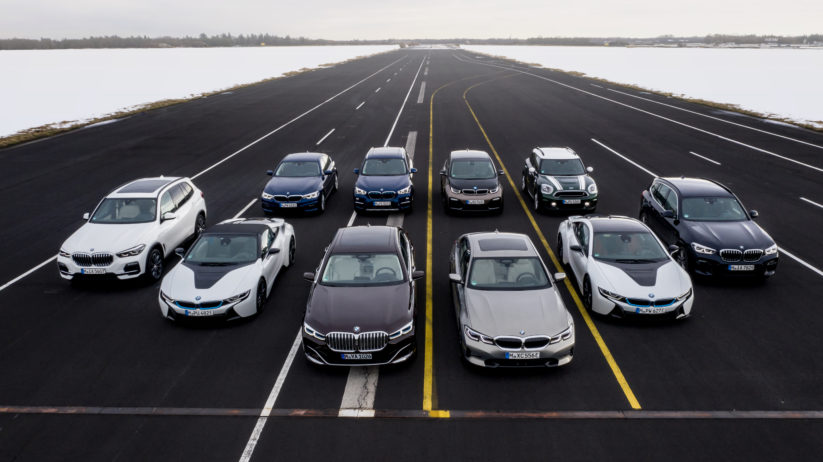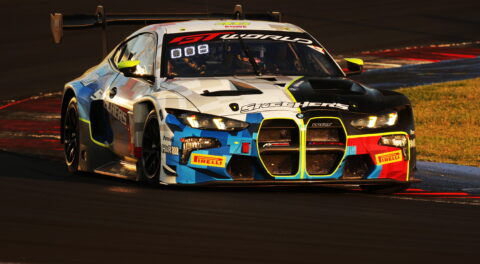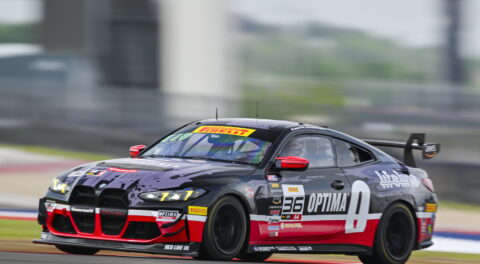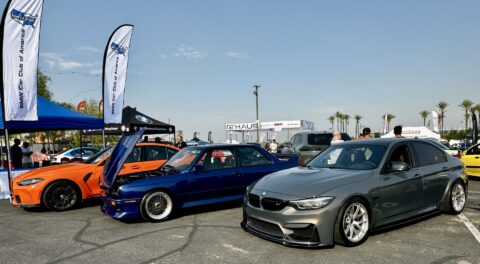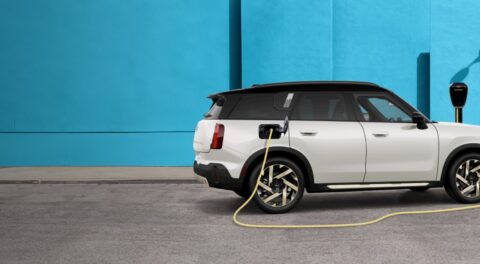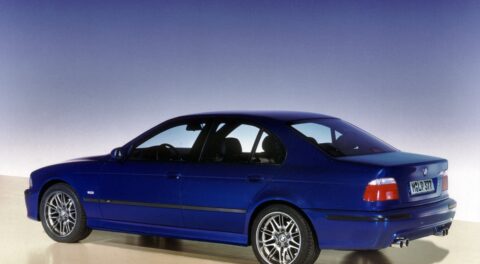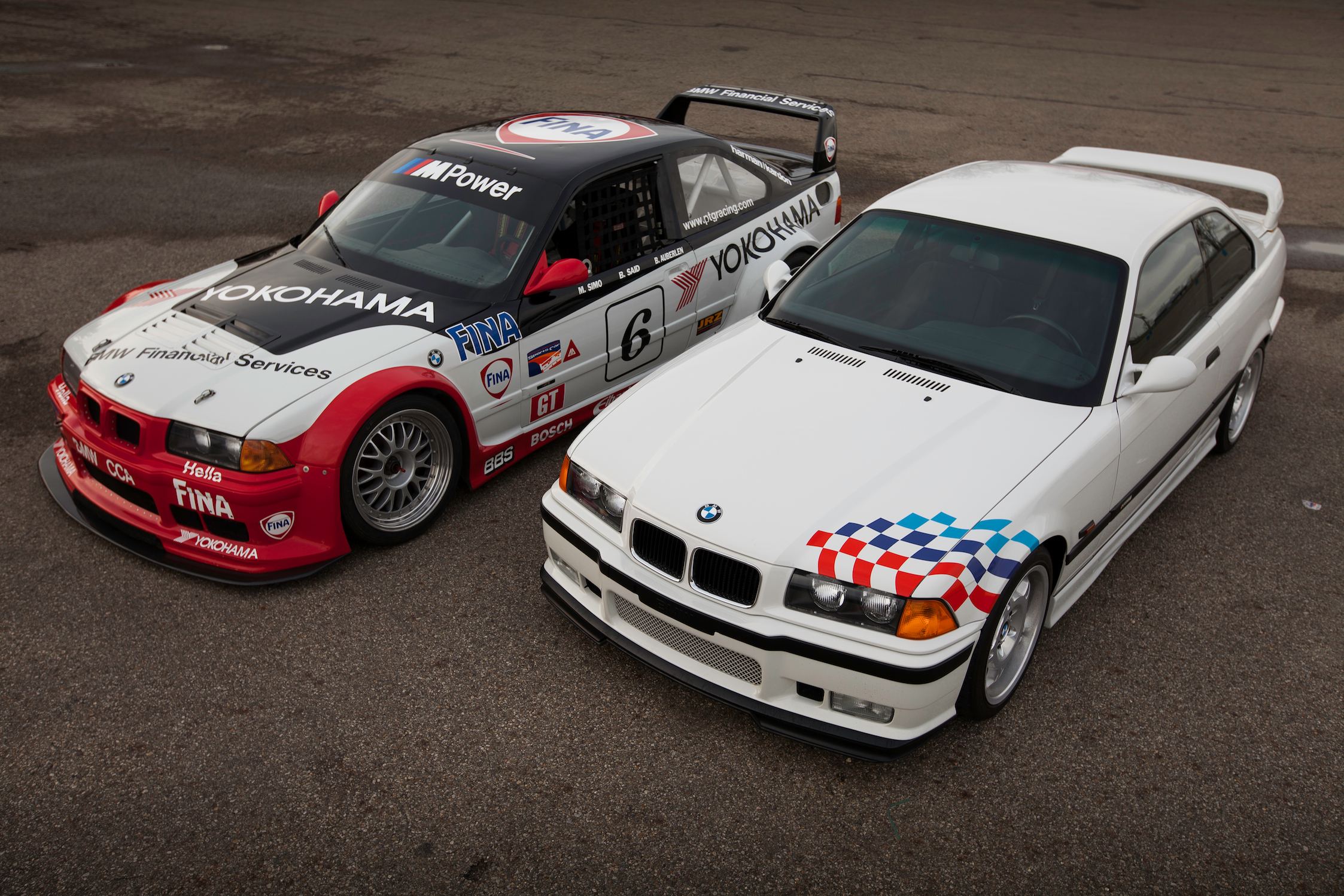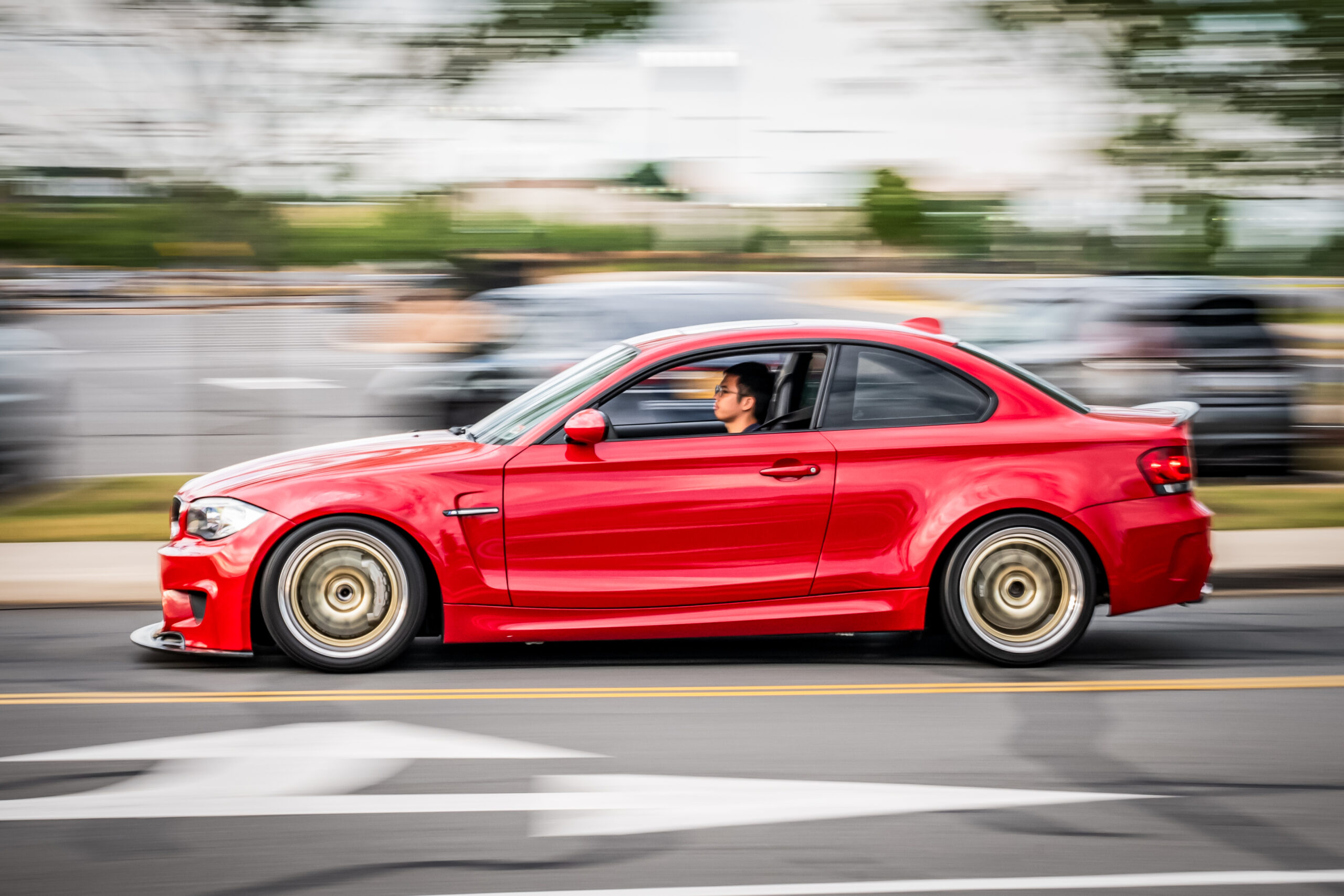Whether enthusiasts agree or not, we have to admit that an integral part of the future of the automotive industry belongs to electric vehicles. The BMW Group has demonstrated in recent years that they are dedicated to claiming their role as a pioneering force in electromobility, with the brand already seeing significant technological advancements and sales successes. Back in 2018, BMW vowed to lead the competition by selling 140,000 electrified models that year, a number that was exceeded by 2,617 units. In total, this added up to an increase of 38.4% from 2017.
Realizing that alternative-energy propulsion continues to influence demand for electrified vehicles, BMW then upped the ante for 2019, naming 500,000 units as their global sales goal with the counting having begun back in 2013 when the i3 kicked off the electric effort.
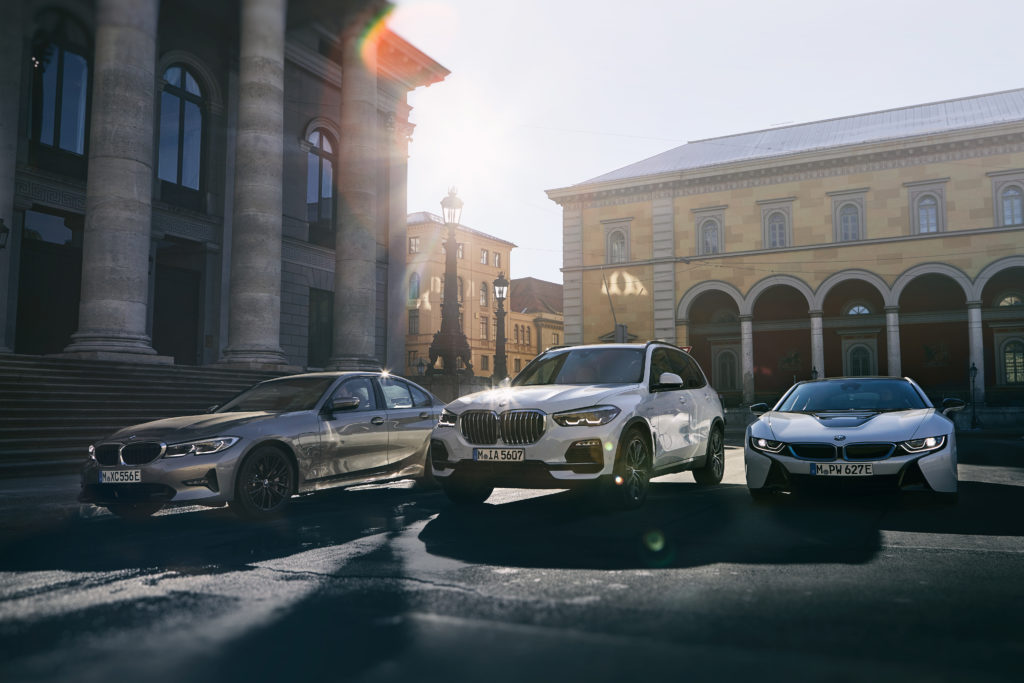
The G20 330e poses alongside the X5 xDrive45e and i8 Roadster.
The logic behind this ambitious number stemmed from BMW’s recent debut of the new G20 330e, which comes ahead of the 2021 debut of the eventual iNext effort—a full lineup of electrified models and the fulfillment of an integral part of BMW’s current corporate strategy.
Unfortunately, electric model sales in the U.S. saw another decline last month, putting a dent in that 500,000 number that was initially erected as this year’s sales goal. The 37.6% decrease, which was posted on a year-over-year basis, has occurred as BMW has been renovating their EV lineup for the entirety of this year—a complete overhaul that aims to modernize the platform for the new incoming iNext models. As we have previously discussed, only a handful of electrified models currently remain available here, including the i8, i3, 530e, 745e, and the MINI Countryman hybrid.
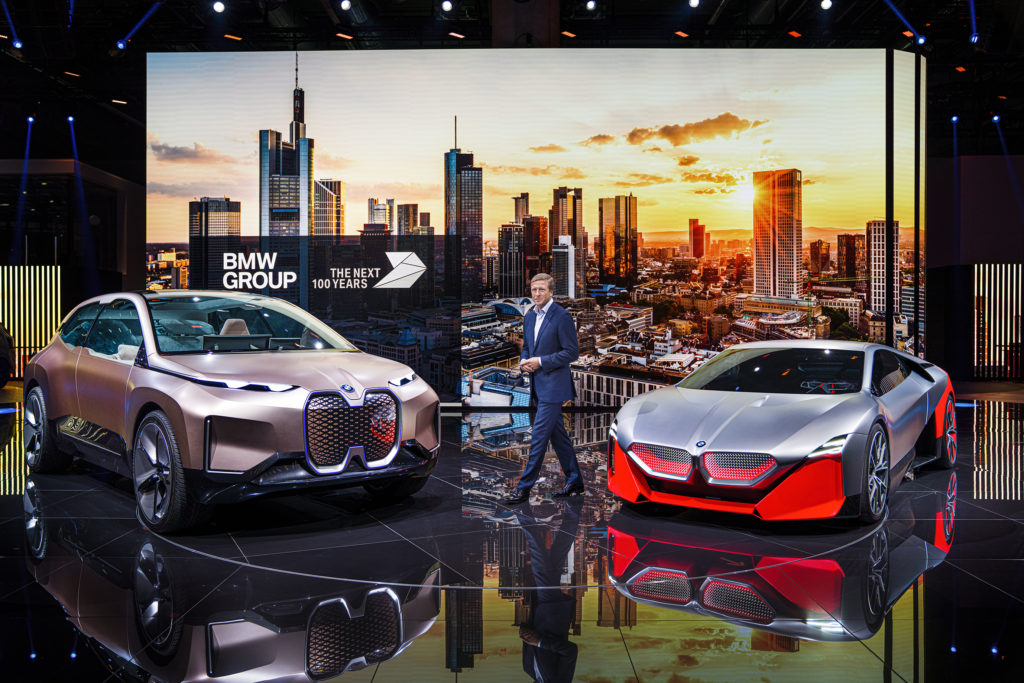
Recent developments from BMW’s Munich headquarters have dictated a new milestone for the brand, including its current status as a pioneer in electromobility and aspirations to become a giant in terms of electrification in the automotive industry. At the International Motor Show (IAA) in Frankfurt, Germany, earlier this week, BMW management head Oliver Zipse stated the brand’s newest global ambition: to have over 1,000,000 electrified vehicles on the road in total by the end of 2021. Taking into account the 500,000 unit objective for the end of this year, BMW is betting on EV sales continuing to ramp up from the 140,000 units delivered in 2018 to more than 250,000 a year by 2021. This aggressive goal, according to the BMW Group’s predictions, fits global future customer demand showing that “over 50% of new-vehicle registrations in China’s premium segment will be pure battery-electric vehicles (BEV) in 2030,” while Europe and U.S. vehicle markets will see a number closer to 25%.
BMW’s ambition does not stop there; Zipse claims that BMW is planning on implementing hydrogen and alternate fuel-cell technology into future production vehicles, with a BMW i Hydrogen NEXT concept vehicle shown in Frankfurt and a full test-fleet launch of fuel-cell vehicles set for 2022. Electromobility plans already in motion will also increase in tempo; the 25 electrified models set for release in 2025 are now being scheduled release in 2023, a two-year acceleration of the initial release date.
With rising demand for electrified vehicles driving new technological innovation and increased sustainability practices throughout the EV market, BMW faces fierce competition—but with mounting successes in both innovation and sales, the company also shows great promise to evolve into the electrified brand that they set out to become, and to realize their ambitious objectives.—Malia Murphy
[Photos courtesy BMW AG.]

